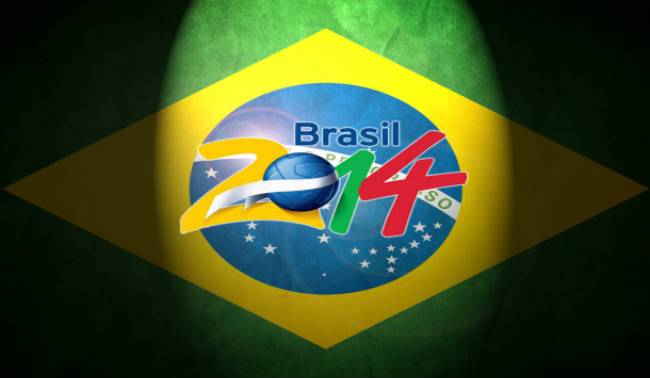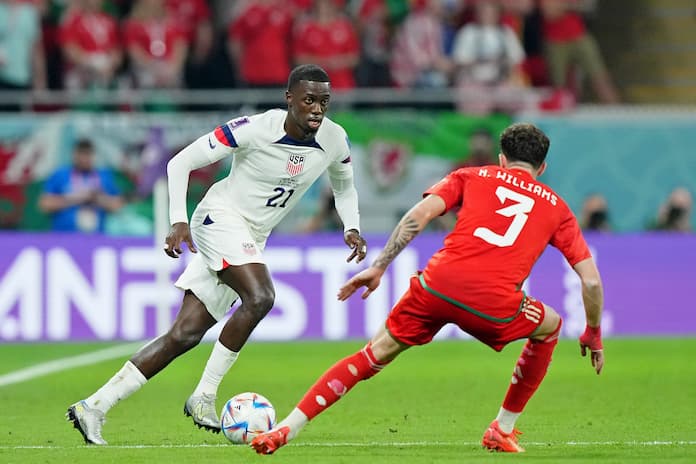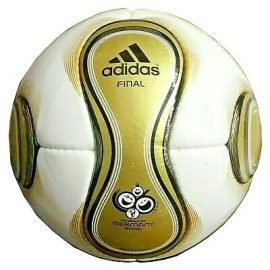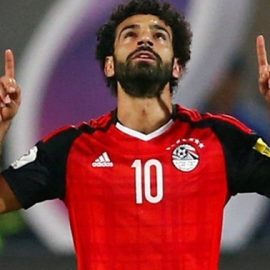We’re entering the final stages of the World Cup. So far, we’ve seen both misery and elation for several teams, fancied and unfancied. We’ve also seen a record number of goals AND some amazing goalkeeping displays. Go figure.
But who’s really benefitting from the biggest sports event in the world (apart from FIFA and player agents)? Several industries in football-loving nations have a big stake in how well their respective teams do, and several more are set for big profits during the month of the World Cup.
Just as Soccerlens has been able to pull ahead in their betting Blogger’s League by picking up trends from the group stages, you can pick up similar trends in how different industries are affected by the 2014 World Cup in it’s final week as you read our review below. Then, it’s simply a matter of applying your new-found knowledge. For more fun, you can also learn spread betting with IG to really take advantage of World Cup-influenced market trends.
Alcohol
For a lot of people, beer and the World Cup are synonymous – whether that means watching matches at home with a group of people or heading out to your local pub/bar. In London alone, the 2010 World Cup saw an extra 2.2 billion pints sold. And some of the biggest breweries have been seeing some good business during the tournament so far, with Constellation Brands – who produce Corona Extra for the United States – leading the pack.
The stock for the company has been steadily on the rise for the duration of the tournament so far, possibly due to the strong performance from the US team in their opening match and increased popularity of the World Cup in America. SABMiller have also seen some strong market gains, with a diversified portfolio that includes Fosters, Peroni, Grolsch and Miller.
England’s failure to escape from Group D has coincided with a poor performance in major pub chains. Mitchells & Butlers stock has been dwindling for a while, but has seen no arrest in its drop from the World Cup; JD Wetherspoons, on the other hand, was steadily growing before the competition began, but saw a reversal of its fortunes after the first match.
Sportswear
Like with the pub chains, England’s desultory World Cup saw any possible predicted rise in JD Sport and Sports Direct – suppliers of sportswear, replica kits and England paraphernalia – fail to materialise. Both opened significantly lower on the day after England were all-but knocked out of the tournament by Uruguay.
Outside of the UK, three clothing manufacturers stand out as the most prominent in the competition: Adidas, Puma and Nike. Adidas sponsor nine of the 32 teams competing, as well as the competition itself, one more than Puma but one less than Nike (Honduras, Costa Rica, Belgium, Ecuador and Iran are the teams with kit manufacturers outside the major three).
Of those, Nike has seen the clearest benefit during the finals in Brazil, rising 1.4% in the first week of matches. The teams they sponsor include home favourites Brazil, as well as strong performers Croatia, Netherlands, France and the US. Neither Adidas’ sponsorship of the tournament or Germany, Argentina and Spain has prevented a slip in their stock price; though it is Puma that have seen the worst drop so far.
TV
With almost half of the world’s population tuning in to the contest, you would think that broadcasters would be amongst those who make the most from the World Cup each year. The majority of countries watch it on publically owned or licensed stations, however, so just a few companies gain from the huge audience figures the competition garners.
Amongst those is US provider DirecTV, which has the rights to broadcast matches in several South American countries including Argentina, Chile and Honduras. Japanese companies Nippon TV and Fuji Media have also seen some very strong increases in worth over the first week.
Bucking the trend is ITV, who have split coverage with the BBC in the UK. They have been on a broadly negative trend for the entirety of the competition, despite seeing a positive spike shortly before the opening ceremony began.
Pizza
The disruption and part atmosphere brought about by the World Cup traditionally sees an increase in takeaway orders. That’s definitely a good thing, as the London Fire Brigade has also noted an increase in alcohol related cooking fires from fans trying to drunkenly cook snacks after matches.
Domino’s in Australia, France, Belgium and the Netherlands has grown over the first week, with three of those teams registering opening wins. Just Eat in the UK is also growing fast, with a 3.7% increase in worth during the first week.
Finally, the Dutch contingent at Manchester United have been having a fantastic time in Brazil so far, with Van Persie joint top scorer in the group stages and Van Gaal gaining plaudits for his team’s performances as masterminded the Round of 16 win over Chile. And that meant good news for owners of Manchester United stock as well, which has risen over 2% over the first week.
Article by Patrick Foot, financial markets writer at IG.
Spread bets and CFDs are leveraged products. Spread betting and CFD trading may not be suitable for everyone and can result in losses that exceed your deposits, so please ensure that you fully understand the risks involved.
Add Sportslens to your Google News Feed!







